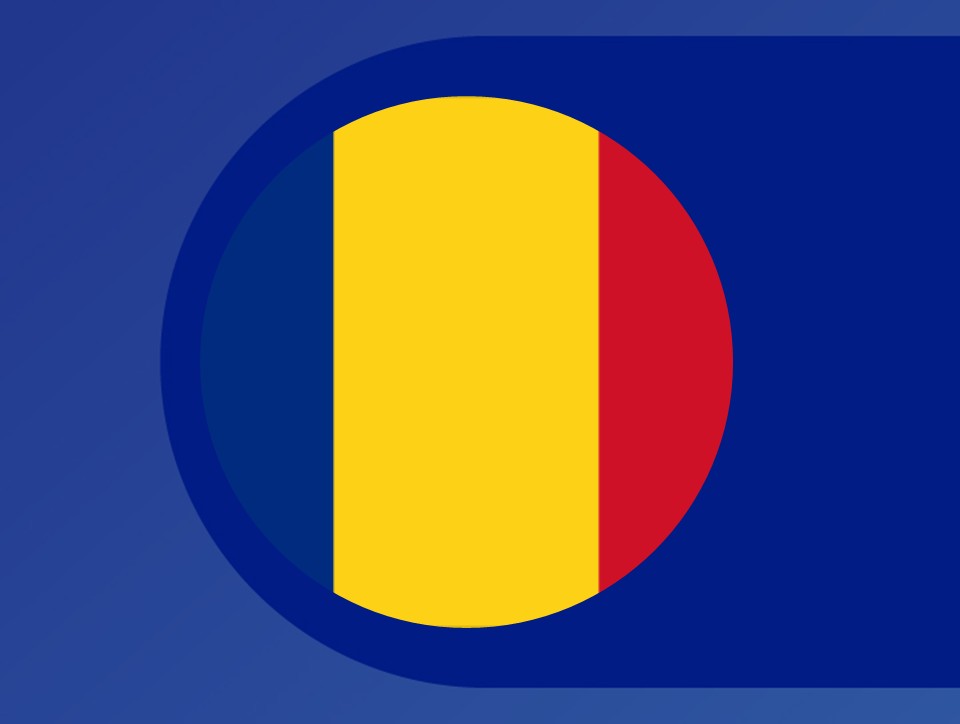Search results (732)
Skip results of view News and highlights

The Apply AI Alliance is a coordination forum created by the European Commission to connect AI stakeholders and policymakers and strengthen dialogue around trustworthy and impactful AI adoption across Europe. Designed as the central contact point for organisations active in strategic sectors, this renewed alliance continues the work of the former European AI Alliance while expanding its focus to policy implementation, sectoral insights, and real-world use cases. Through its community exchange platform, members can share opinions, papers, and recommendations while benefiting from news on policy

The Digital Services Act (DSA) is a key piece of European legislation that sets out clear rules for online services used by people across the European Union. This includes social media platforms, online marketplaces, app stores, and travel or accommodation websites. The DSA aims to create a safer and more trustworthy digital environment by protecting fundamental rights online and ensuring that digital services operate responsibly across the EU. Recent developments show how the DSA is now being actively enforced. The European Commission has launched a new investigation into X , extending an
Make sure to reserve your spot for the next data.europa academy webinar ‘Observing our planet through data: Destination Earth’ , scheduled for Friday, 13 February 2026, from 10:00 to 11:30 CET. This session explores the world of earth observation (EO) data and illustrates how European efforts turn continuous streams of satellite observations into clear, actionable insights that support science, innovation, and policy development. Earth observation (EO) data helps us understand how our planet is changing. From monitoring forests and oceans to predicting natural hazards, EO data provides

Romania’s national open data portal, data.gov.ro , serves as the country’s central access point for public sector information. Established in 2013, the portal was created to consolidate open datasets from Romanian public institutions and make them accessible to all users in line with international open data principles. The portal plays a crucial role in advancing transparency, efficiency, and digital transformation across governments. The portal provides clear guidance on open data standards, including machine-readable formats and licensing conditions that enable reuse without restrictive
On the 23 January, the data.europa academy hosted the webinar ‘Smart cities and digital twin technology: the case of Bologna’ , exploring how cities can use data, models, and AI to support better policy decisions. Joined by speakers Stefania Paolazzi from the Comune di Bologna and Marco Pistore from the Fondazione Bruno Kessler , the session explored how Bologna is developing next-generation civic infrastructure to make public governance more transparent, efficient, and collaborative. The webinar started by introducing Bologna’s digital twin : a dynamic digital model of the city which

The Justice IT toolbox is a key initiative under the European Commission’s efforts to modernise justice systems across the EU. Designed to support the DigitalJustice@2030 strategy , this toolbox brings together a collection of AI solutions, IT tools, data standards and guidance that member states can reuse to accelerate digital transformation within their national justice systems. The platform operates as a collaborative space where member states can share digital solutions that have been proven effective in national contexts. By allowing for the reuse of interoperable tools, the toolbox helps

Simpl is a middleware platform designed to make data sharing across Europe easier, safer, and more efficient. As an intermediate layer, it helps organisations exchange information across multiple data spaces while ensuring that the original data owners remain in full control. By using Simpl, data providers and users can share and access information seamlessly, supporting the growth of Europe’s digital ecosystem. Currently, Simpl is actively focused on enabling seamless, secure data sharing across European sectors. The project promotes interoperability through common data standards and open

Every year on 24 January, the International Day of Education reminds the world of education’s central role in global development. Since its proclamation by the United Nations General Assembly in 2018, the day has highlighted how access to quality education supports peace, reduces inequalities and drives progress for communities everywhere. The right to education was already recognised in the Universal Declaration of Human Rights , which calls for free and compulsory primary education for all children. This principle was strengthened in 1989 through the Convention on the Rights of the Child

The data.europa academy is the official learning platform of The European Data Portal. It is a free knowledge and training hub for anyone working with, or interested in, open data. We are continuously striving to ensure that the academy meets your needs and provides you with the bestlearning experience. Looking ahead to the 2026 academy year, much remains familiar: we will continue to organise webinars every month, exploring new and enriching themes. But this year also brings something entirely new. Early in 2026, we will introduce new features with a major update we have been developing to

The recently improved open data maturity inter ac tiv e website offers a refreshed, interactive way for policymakers, data professionals and citizens to explore how European countries are progressing in their open data journey. Designed to make the yearly assessment easy to navigate, the interactive website brings together scores, country profiles and key insights in a single user-friendly interactive website. A core functionality of the interactive website is its interactive visual dashboard. Users can explore country’s maturity scores across the four dimensions of the assessment – po licy
